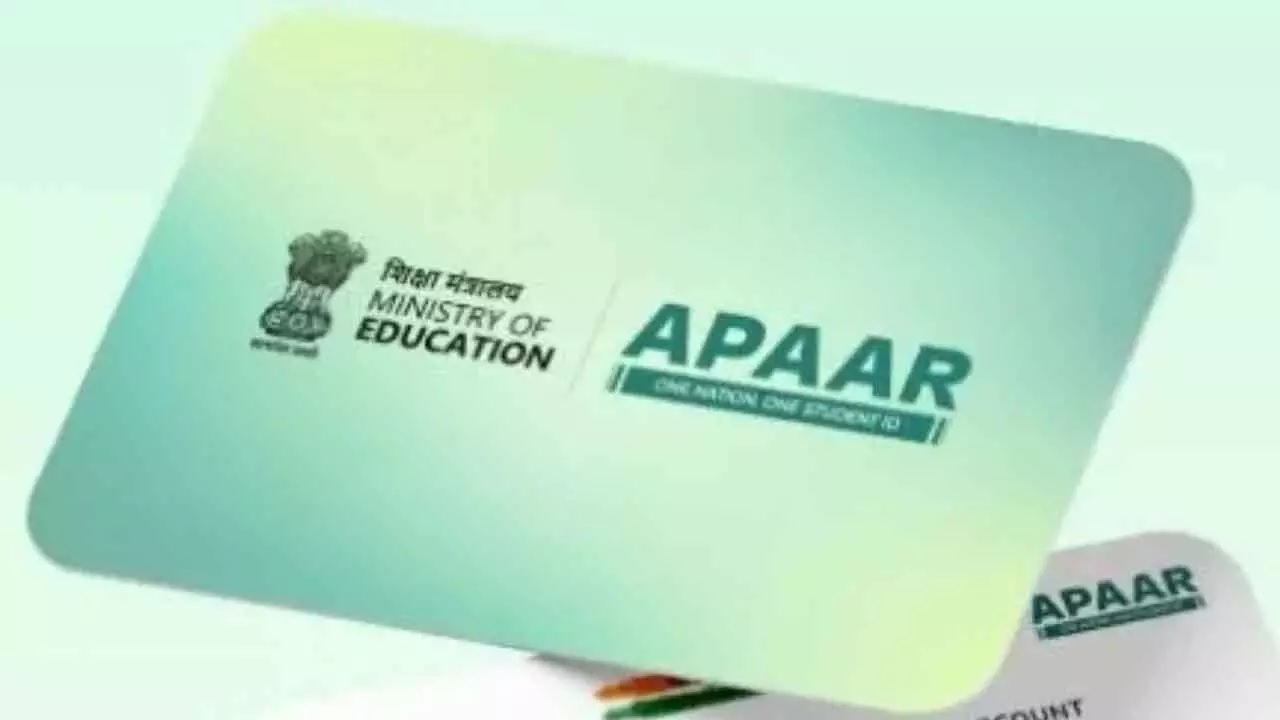The Meghalaya Education Department has urged schools to expedite the implementation of APAAR IDs for students, aiming to streamline academic tracking and administrative efficiency. The directive came during a high-level education review meeting chaired by Commissioner and Secretary of the Education Department, Vijay Mantri, on Friday.
Director of School Education & Literacy, Swapnil Tembe, acknowledged the slow progress of the initiative, stating, “We have just started, and our implementation rate is currently at 1-2 percent. Schools have been asked to accelerate the process.”
The APAAR ID, a unique 12-digit digital identifier for students, is designed to create a seamless academic record from nursery to Class 12 and beyond. “Every student in the country is supposed to have an APAAR ID, which will remain with them even in college. This ID will be required when transferring from one institution to another, and schools are responsible for generating it through the Unified District Information System for Education Plus (UDISE+),” Tembe explained. He further emphasized that the system has undergone rigorous testing and is essential for maintaining structured educational records.
The meeting also addressed the rationalization of vacancies in government and SSA schools. “We are currently reviewing vacancies, particularly in government schools. At present, there are approximately 500 vacancies in the combined Lower Primary and Upper Primary categories,” Tembe noted.
Another key focus was enhancing school inspections to improve oversight and accountability. Officials have been directed to increase monitoring visits, ensuring schools operate efficiently and students receive essential resources. “The academic session began on February 10, and on the very first day, instructions were issued for education officials to visit schools and verify their functioning. Reports have already been submitted,” Tembe said.
He highlighted that inspections would now be a regular practice, with officials expected to assess teacher attendance, the distribution of books and uniforms, and the provision of midday meals. The department has also launched a School Monitoring App to document real-time data on school infrastructure and resources. “Officials visiting schools will now log details through the app, allowing us to track conditions remotely and ensure transparency,” Tembe added.


